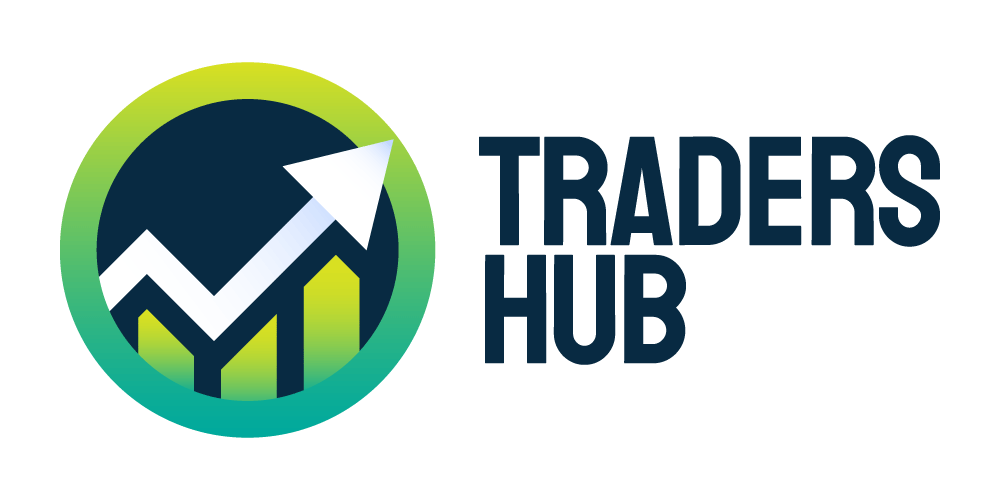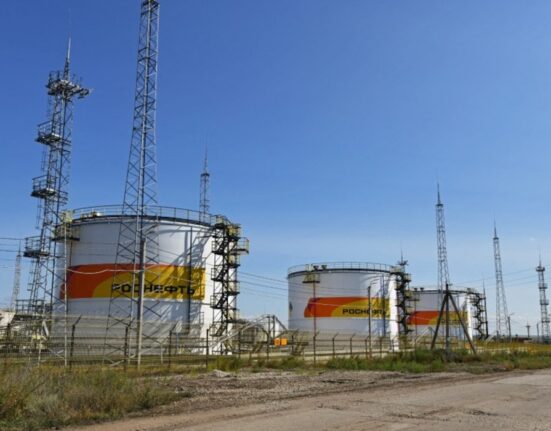Trade in commodities from business to business, or B2B, is vital in an increasingly integrated global economy. This dynamic and intricate industry affects everything from manufacturing to agriculture and is crucial to the upkeep of supply chains across multiple industries.
This article explores the complexities of business-to-business (B2B) commodities trading, illuminating its importance, obstacles, and tactics used by companies to maneuver through this always changing environment.
Understanding B2B Commodity Trading
Definition and Scope: B2B commodity trading involves the buying and selling of raw materials used in production processes across different industries. Unlike consumer markets, these transactions occur between businesses, often in large quantities.
Types of Commodities: The market is diverse, encompassing a range of commodities such as crude oil, precious metals, and agricultural products. Each commodity has unique market characteristics influenced by factors like seasonality, extraction costs, and global demand.
Key Players: The market includes producers (such as farmers and mining companies), buyers (like manufacturers), and intermediaries (trading firms and brokers). Understanding the role of each participant provides insight into the market’s functioning.
Market Dynamics and Challenges
Market Trends: Recent trends include a push towards digitalization, with blockchain and AI technologies becoming increasingly prevalent. Sustainability and ethical sourcing are also becoming critical considerations.
Global Impact: Events like geopolitical conflicts or pandemics can cause significant disruptions in supply chains, affecting commodity prices and availability. These factors make the market highly volatile and unpredictable.
Challenges: Participants face numerous challenges, including navigating fluctuating prices, adhering to regulatory requirements, and managing complex logistics and supply chain issues.
Demand Determinants in B2B Commodity Trading
Economic Factors: Economic indicators such as GDP growth rates and inflation significantly impact commodity demand. A robust economy typically drives up demand for raw materials.
Industry-Specific Factors: Different sectors have unique drivers. For example, the energy sector’s demand for oil fluctuates based on alternative energy developments and political policies.
Technological Advancements: The adoption of advanced technologies like blockchain can streamline trading processes, improve transparency, and reduce fraud. AI and machine learning are also being used for predictive analytics in pricing and demand forecasting.
Strategies for Navigating B2B Commodity Trading
Risk Management: Effective risk management strategies, including diversification and hedging, are crucial. Traders often use futures contracts to mitigate the risks associated with price fluctuations.
Adopting Technology: Leveraging technology for better market analysis, automated trading, and enhanced supply chain management is becoming increasingly essential.
Regulatory Compliance: Keeping abreast of and complying with international and local regulations helps in maintaining smooth trading operations and avoiding legal complications.
Building Relationships: Establishing strong relationships with suppliers and customers can provide better insights into market trends and lead to more favorable trading terms.












